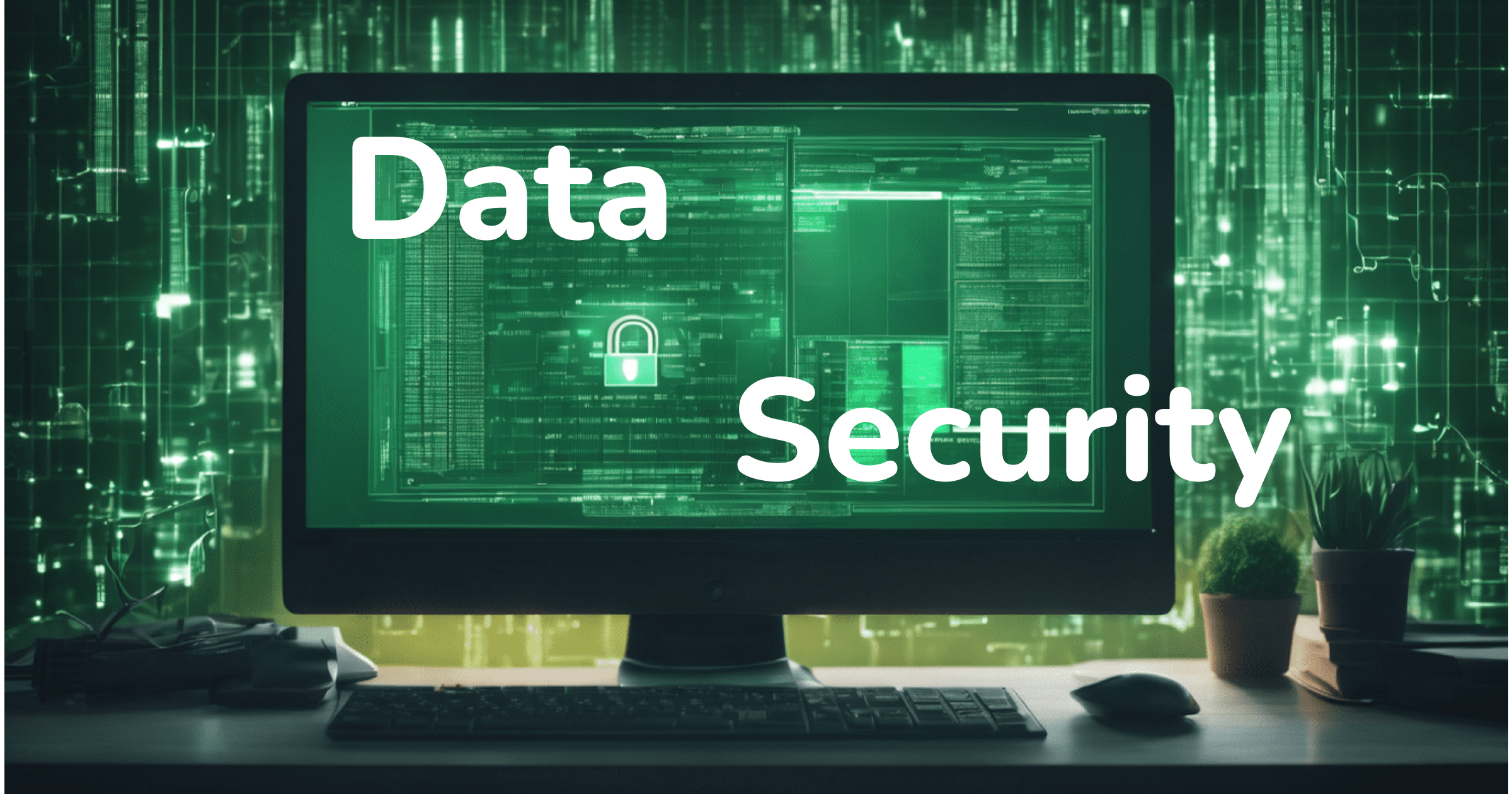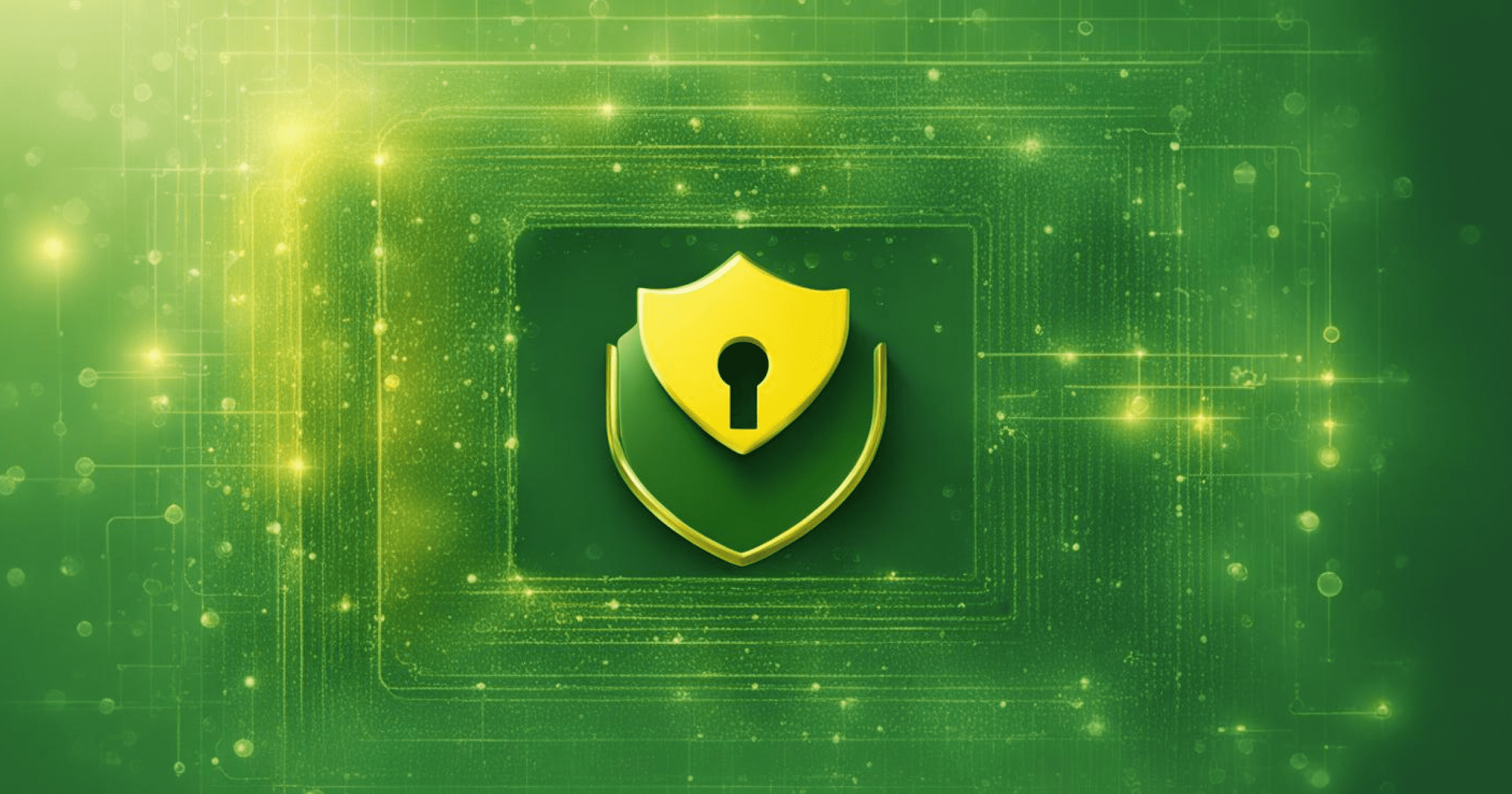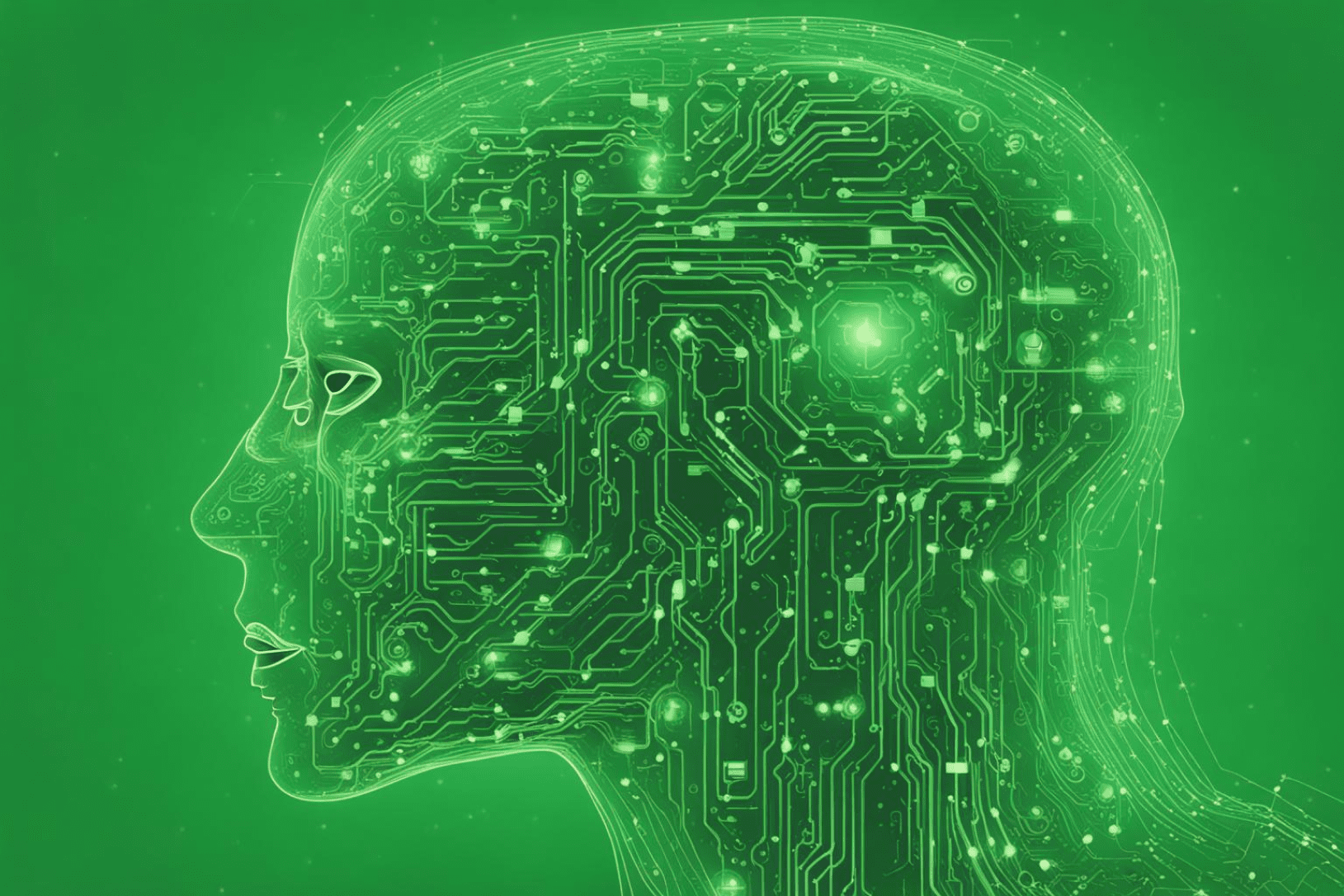The Future of Data Security: Predictions and Trends
With the ever-increasing reliance on digital systems and the exponential growth of data, the importance of data security has never been greater. As technology advances, it is crucial to anticipate future developments and trends in data security to stay one step ahead of potential threats. This article will explore some exciting advancements we can expect in data security.

Quantum Encryption: Unbreakable Security
One of the most anticipated developments in data security is the implementation of quantum encryption. Traditional encryption methods rely on complex mathematical algorithms, which could be broken with quantum computers' advent. Quantum encryption, on the other hand, utilizes the principles of quantum mechanics to secure data transmission.
With quantum encryption, data is encoded so that any attempt to intercept or tamper with it would be immediately detected, rendering the data useless to malicious actors. This technology has the potential to revolutionize data security, providing an unprecedented level of protection against even the most advanced cyber threats.

Quantum encryption works by leveraging the properties of quantum particles, such as photons, to create keys that are impossible to replicate or intercept without detection. This means that even with the most powerful computers, hackers could not decipher the encrypted data. Implementing quantum encryption would not only make current encryption methods obsolete but also ensure that sensitive information, such as financial transactions and personal data, remains secure.
While quantum encryption is still in its early stages of development, researchers and organizations are actively working on making it a viable solution for data security. As advancements are made in quantum computing and quantum communication, we expect to see more practical applications of quantum encryption shortly.
Decentralized Identity Management: Enhancing Privacy

Managing personal identities and sensitive data has become a significant challenge in the digitalization age. Centralized systems store vast amounts of personal information, making them attractive targets for hackers. Decentralized identity management solves this problem by distributing identity information across multiple nodes, eliminating the need for a central authority.
Decentralized identity management leverages blockchain technology, a distributed ledger that records transactions across multiple computers. This technology ensures that individuals have control over their data, allowing them to choose who can access their personal information. By removing the reliance on a central authority, decentralized identity management enhances privacy and minimizes the risk of large-scale data breaches.
In a decentralized identity management system, individuals have a unique digital identity linked to their personal information. This identity is stored on the blockchain and can be verified without revealing sensitive details. Individuals can share specific data with different services or organizations without compromising privacy.
The adoption of decentralized identity management is slowly gaining traction, with various projects and initiatives exploring its potential. As more individuals and organizations recognize the importance of data privacy, we can expect to see increased adoption of decentralized identity management systems in the coming years.
Artificial Intelligence and Machine Learning: Advanced Threat Detection

As cyber threats become more sophisticated, more than traditional security measures are required to combat them effectively. This is where artificial intelligence (AI) and machine learning (ML) come into play. AI and ML algorithms can quickly detect anomalies and identify potential security breaches by analyzing vast data and patterns.
AI-powered systems can continuously learn and adapt to new threats, making them invaluable in the fight against cybercrime. From identifying unusual network behaviors to flagging suspicious activities, AI and ML technologies are becoming indispensable tools in the arsenal of data security professionals.
Machine learning algorithms can analyze historical data to identify patterns and anomalies, allowing them to detect potential security breaches in real-time. These algorithms can also adapt and learn from new data, keeping them ahead of evolving threats. By leveraging AI and ML technologies, organizations can enhance their ability to detect and respond to cyber threats effectively.
Integrating AI and ML in data security is an ongoing process, with continuous advancements in algorithms and technologies. As these technologies become more accessible and sophisticated, we expect to see increased adoption of AI-powered security solutions across industries.
Zero Trust Architecture
The traditional security model of perimeter defense is giving way to a more dynamic approach known as Zero Trust Architecture (ZTA). ZTA assumes that threats can originate from internal and external sources, requiring continuous verification of users and devices. This trend is gaining momentum as organizations seek to protect their data in an environment where remote work and mobile devices are the norm.
Benefits of Zero Trust Architecture:
- Enhanced Security: ZTA significantly reduces the attack surface, making it more challenging for attackers to move laterally within a network.
- Adaptability: ZTA can adapt to changing conditions, allowing organizations to secure their data and resources flexibly.
- Compliance: ZTA aligns well with regulatory requirements for data protection and access controls, making compliance efforts more manageable.
- Reduced Insider Threats: By continuously verifying user and device trust, ZTA can help prevent or detect insider threats early.
In summary, Zero Trust Architecture represents a modern approach to data security that prioritizes verification and segmentation over trust. It acknowledges modern networks’ dynamic and interconnected nature and strives to protect data and resources in an ever-evolving digital landscape. As organizations continue to adopt cloud services and remote work becomes the norm, ZTA is poised to play a pivotal role in safeguarding sensitive information.
The future of data security holds tremendous promise. Quantum encryption, decentralized identity management, and the integration of AI and ML technologies are just a few examples of the exciting developments on the horizon. As an IT company, we are committed to staying at the forefront of these advancements, ensuring our clients' data remains secure and protected.
By anticipating and embracing these trends, we can confidently navigate the ever-evolving landscape of data security. The future is bright, and we can build a safer digital world for all with the right strategies and technologies.